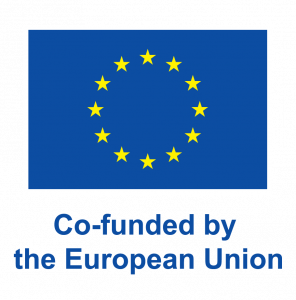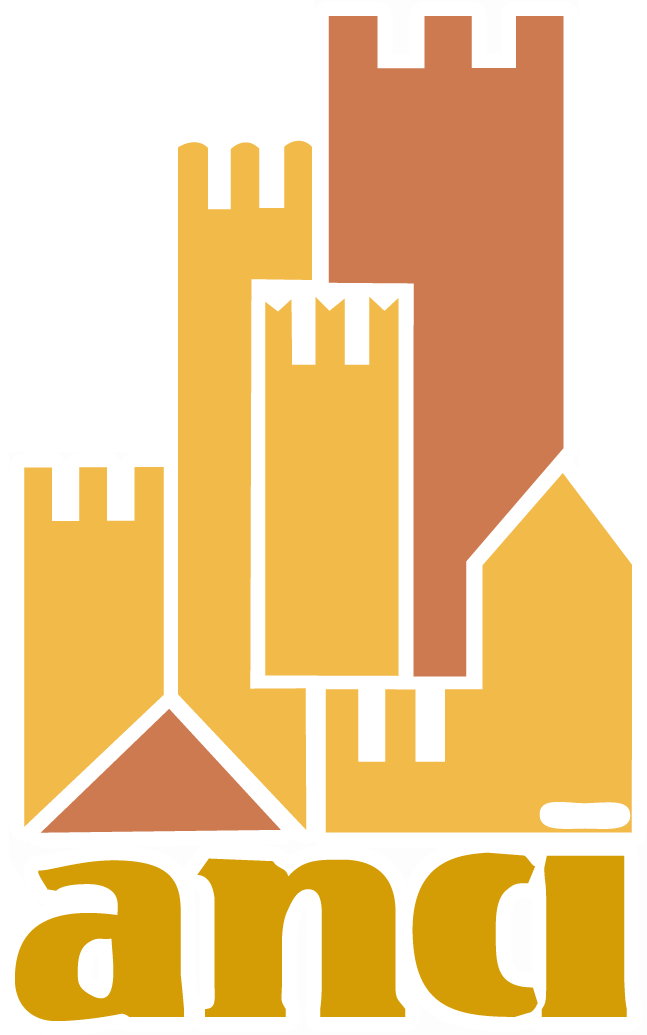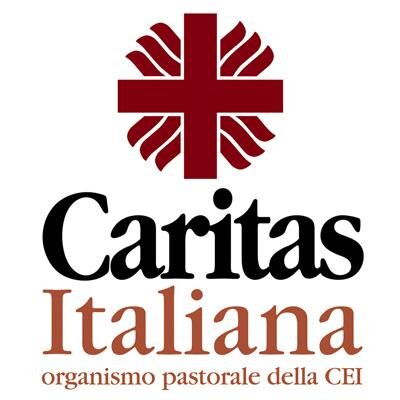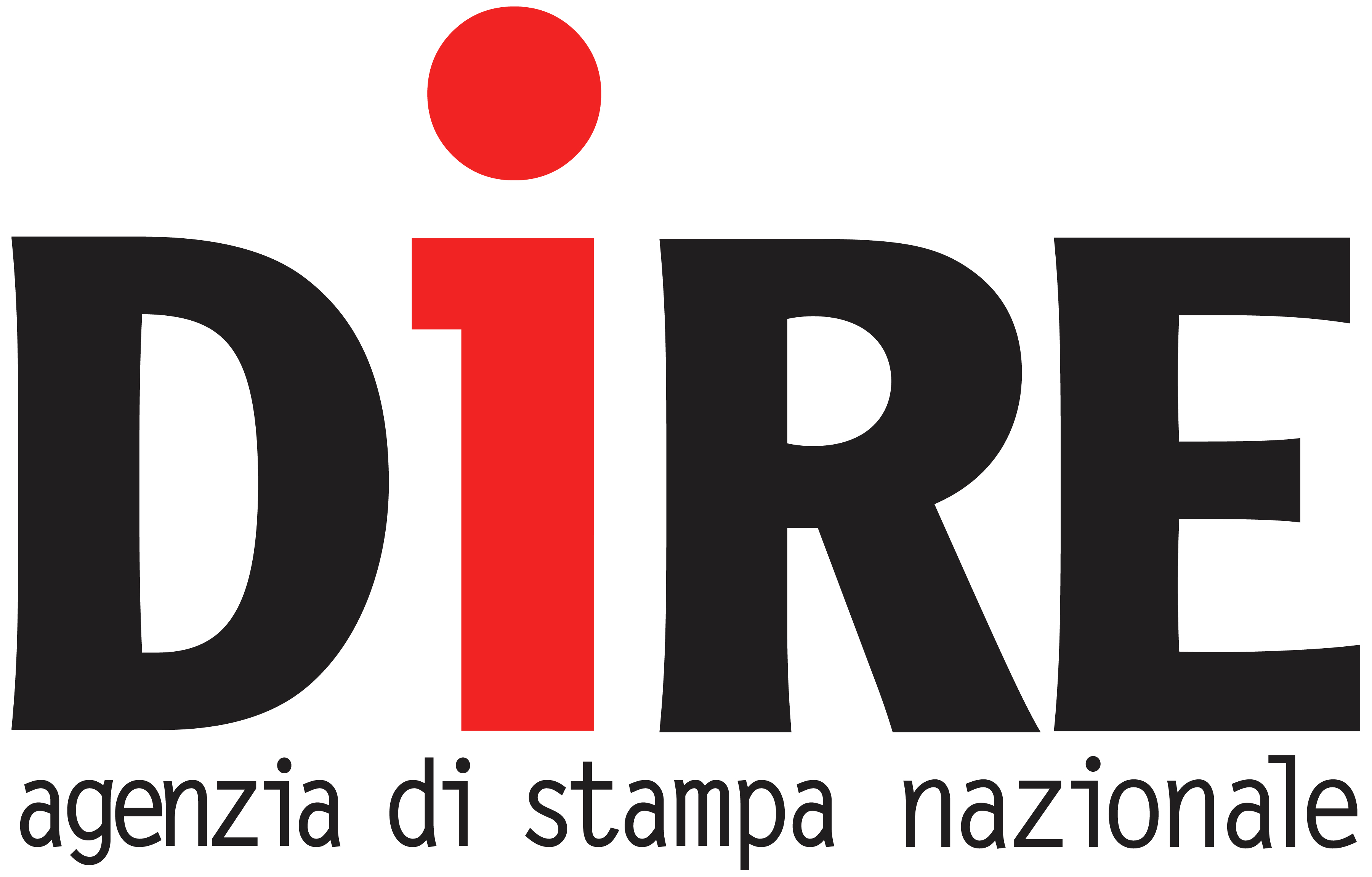Manteniamo il contatto con le altre comunità!
Evento 12. Seminario per l’incontro delle Comunità e lo scambio delle esperienze realizzate nell’ambito del progetto (Fiume, Croazia)
1 EDS – CO-GREEN_E12_Validation seminar
Under Event 12, on September 23 – 24 2024, UNIRIJEKA and ŽMERGO organized the 2-day transnational validation seminar in Opatija, Croatia, as an in situ event aimed at allowing exchange and discussion among all partners and trainers about what has emerged from Event No. 11. In two days, 38 participants presented and discussed how project activities contribute to changes in the local communities.
Representatives of CO-GREEN trainers of each partner presented trainers’ reports, comparing notes on methodologies, processes, and results. Afterward, trainers of each partner and CO-GREEN activators and local stakeholders from Croatia described positive changes in the communities that emerged from citizens’ laboratories and local workshops.
Italy
In three communities, Cavalese, Magione, and Cosenza-Panebianco, a group of citizens and residents has been created and activated, mobilizing for the well-being of the community. Networks and relationships have been established with schools, universities, businesses, other associations, and municipalities. Manuals on “community” and “green community” have been created and distributed in schools and communities. The three communities are working together on the production of a video and interviews.
Croatia
Trainers and activators from Croatia reported that the goal of the Croatian team’s activities was reached:
The team successfully encouraged stakeholders (organizations and individuals) to actively participate in the process of social innovation in their communities and strengthen partnership relations between individuals and organizations that collaborate on common environmental issues. The “Green” network of the Primorje-Gorski Kotar County was established to participate in decision-making regarding dissemination channels and the most suitable communication strategy among associations, organizations, and the media. As a result, internal communication channels among members, as well as external communication to the public, have been established to inform about current environmental events and to increase citizen involvement in addressing identified problems that the network chooses to tackle.
Ways of communicating with local leaders and citizens. Activators and mentors learned effective communication techniques and explored ways of mobilizing citizens for sustainable action. Participants during the implementation of the project identified actions needed in the local community, and some of them were implemented, bringing changes through the CO GREEN project.
Greece
In the community of Karditsa, meetings were organized with the aim to inspire community action for the green transition, which will be endorsed and supported by citizens. The important green transition issues related to the wider Karditsa region were highlighted:
- Prevention and protection from recurrent natural disasters due to climate change
- Promoting ecological awareness among residents (sustainable mobility, recycling, circular economy, reduction of chemical use, volunteering, and cooperation)
- Reducing the environmental footprint (alternative energy, energy communities, biomass, active passive buildings)
- Urban planning and development/improvement of green spaces in the city (improving quality of life, cooperation between actors and government)
- Protection of countryside and protected areas and biodiversity (land use, chemical-free regenerative agriculture, protection of flora and fauna species)
- Water resource management (over-irrigation, aquifer pollution, water quality assurance).
Two comprehensive project proposals focused on green initiatives have been developed to tackle real-world challenges, and these are ”Pilot Utilization of Forest Biomass Residues on the area under the responsibility of the Forestry Department of Mouzaki” and ”Coordinated Removal Of Household Residues From Areas Affected By Cyclone Daniel”.
Poland
The activators presented the objectives of the local projects (revitalisation of a degraded area of Stawidłowa Street in Elbląg as well as a fairy tale book and community garden expansion in Starachowice), their original methods of working with communities, together with comments on their development. Activators highlighted the results achieved through the project’s initiatives: intergenerational integration, integration of the local communities, activation of local leaders and strengthening inter-institutional cooperation. Participants in the seminar studied photographic documentation of the activities in Elbląg and a book published by the partners in Starachowice, which was one of the project results.
Project partners, trainers and activists discussed the legacy of the CO-GREEN training program. They concluded that trainers and project partners played a crucial role in motivating facilitators and providing comprehensive training and support to the communities. CO-GREEN activators used various tools and organized meetings to address important topics such as community development, sustainability, and gender equality. The project methodology empowered residents to take the lead, fostering active citizenship and creating inclusive spaces for sharing. As a result, new forms of active citizenship emerged, leading to the establishment of new associations and intergenerational interactions within the communities.
Il progetto è finanziato dalla Commissione Europea.
















